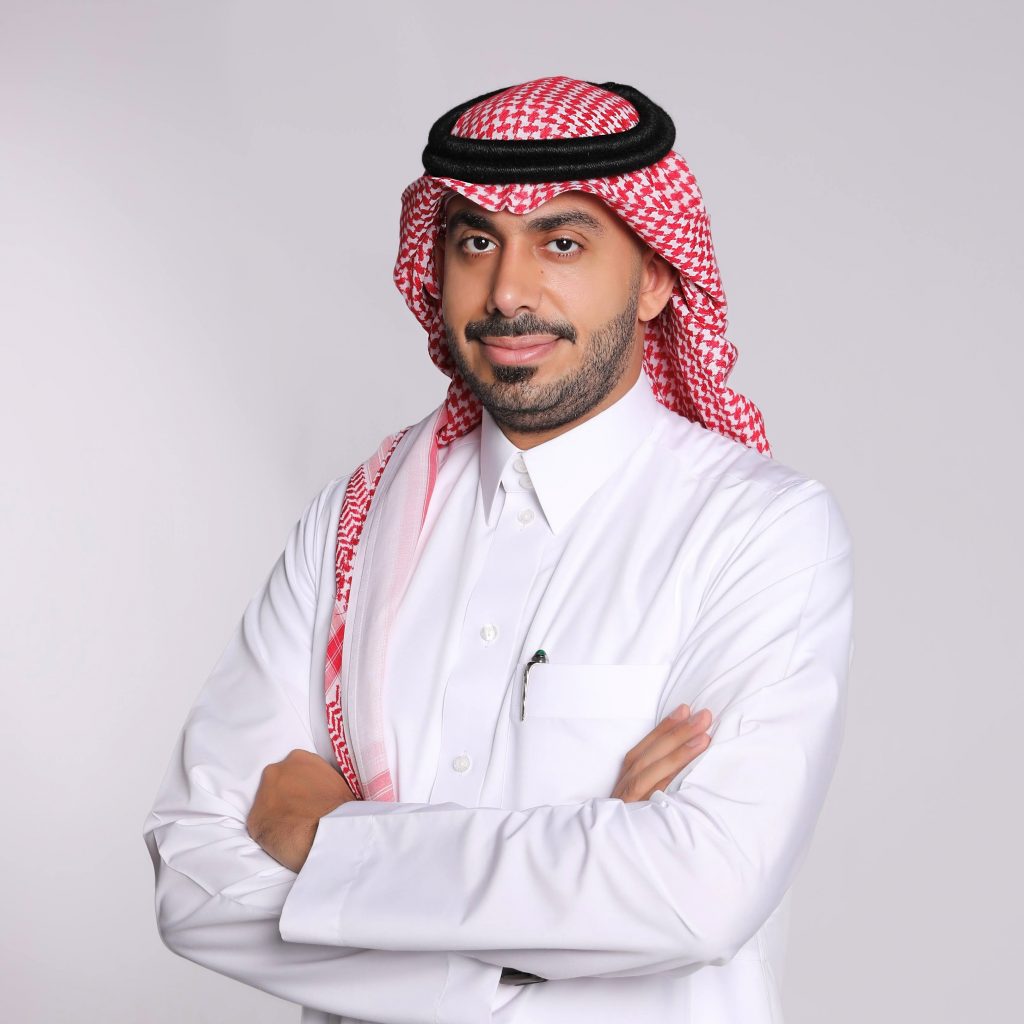Government investment in tourism development drives Kingdom’s strong performance in the hospitality sector: JLL

• Retail space in Jeddah grew by 102,300 sq. m., whereas 49,500 sq. m. of retail GLA was added in the capital.
• No notable office completions in Riyadh, strong demand responsible for average Grade A rents increasing by 19% y-o-y in the capital, whereas average rents for Grade A office space in Jeddah jumped by 14% y-o-y.
• Around 8,000 new units push Riyadh’s residential stock to 1.4 million units, and about 4,000 units were handed over in Jeddah.
Riyadh, Saudi Arabia, 9 August, 2023: The Tourism Development Fund announced signing an agreement with the General Authority for Small and Medium Enterprises as part of efforts to offer support and expand SME operations in the tourism sector. Furthermore, in addition to ongoing visa reforms, a well-planned events calendar is driving the Kingdom’s performance in the hospitality sector, according to JLL’s KSA Real Estate Market Overview Report for Q2 2023.
These factors largely underpinned the strong performance across both Riyadh and Jeddah’s hospitality markets last quarter. The latest data from STR shows Riyadh’s occupancy reached 62% and the average daily rate (ADR) climbed to USD 196 for year to (YT) June 2023, which led to revenue per available room (RevPAR) rising by 15% year-on-year (y-o-y) to USD 120.
Approximately 1,400 keys scheduled to be handed over in Riyadh and 600 keys planned to be completed in Jeddah in the second half of the year.
Similar improvements were also noted in Jeddah’s hospitality market, with the occupancy rate increasing to 64% for YT June 2023. Additionally, for the same period, ADR rose to USD 215, which consequently resulted in RevPAR increasing by 21% to reach USD 137 when compared to the same period last year.
While the total existing hotel stock remained stable at 21,000 keys in Riyadh and 16,000 keys in Jeddah in the second quarter, approximately 1,400 keys are scheduled to be handed over in the capital and 600 keys are planned to be completed in Jeddah in the remainder of this year.
“As the Kingdom intends to draw 100 million visitors by 2030 in line with its ongoing diversification efforts, the robust performance in the hospitality sector reflects the success of its numerous strategic initiatives that are helping to boost tourism,” said Saud Alsulaimani, Country Head, KSA, at JLL. “By streamlining visa processes, increasing air connectivity, developing multiple tourist attractions – and ultimately market accessibility – and hosting several local and global events, the Saudi government has made significant efforts to attract investment into the country. Today, the Kingdom is being recognised as one of the world’s biggest investors in tourism, with existing and new investments set to drive its growth and position it as a year-round tourist destination.”
F&B and entertainment concepts continue to drive footfall in the Kingdom
The second quarter saw retail space in Jeddah grow by approximately 102,300 sq. m. to 1.9 million sq. m., whereas the completion of two small neighborhood malls and an expansion of a regional mall added approximately 49,500 sq. m. of retail gross leasable area (GLA) in the capital, increasing the total stock to 3.4 million sq. m. In the second half of this year, 381,000 sq. m. of new retail floorspace is in the pipeline in Jeddah if completed as scheduled, and 58,000 sq. m. of retail space is planned to be handed over in Riyadh.
In Riyadh, average annual rents for super regional and regional malls increased by 9% and 8%, respectively. However, Jeddah’s retail market softened, and average rents for super regional malls decreased by 17% y-o-y in Q2. Conversely, average rents in regional malls in Jeddah increased marginally by 1% when compared to the same period last year.
During the quarter, F&B and entertainment concepts continued to drive footfall in retail developments. Latest data from the Saudi Central Bank revealed point of sales transactions in the Restaurant & Café category increased in volume by 29% and in value by 16% for the period of January to May 2023, when compared to the same period last year.
Undergoing rapid growth and transformation, retail developments in the Kingdom are no longer seen as a place to shop alone. Malls have evolved into a place to socialise with an increased focus on enhancing the customer experience. Additionally, in line with the growing popularity of online e-commerce, there has been an increasing shift towards omnichannel retailing. As retailers aim to cater to the evolving needs of customers, they are offering the ability to shop online, in-store or through a combination of both channels.
Riyadh’s office market garners government and international corporates interest
There were no notable office completions recorded in Riyadh in the second quarter, resulting in the total stock remaining stable at 4.9 million sq. m. of office GLA. In Jeddah, around 3,700 sq. m. of new office space was handed over, raising the stock slightly to 1.2 million sq. m. During the remainder of this year, approximately 644,000 sq. m. of office space is scheduled to be delivered in both the cities combined with 91% of this expected in the capital.
The office market continued to be led by landlords in Riyadh, driven largely by government take-up, with typical inquiries from government entities ranging from 5,000 sq. m. and more. The sector is also witnessing a rush from international occupiers, resulting in the overall city-wide vacancy dropping to 1%.
In Jeddah, mixed-use developments are more popular among occupiers when compared to traditional office buildings. Additionally, demand for good quality office space remained buoyant in the second quarter, and overall demand remained relatively low as Riyadh continued to attract the majority of occupier activity in the Kingdom.
A combination of strong demand and limited supply in the capital was responsible for average Grade A rents increasing by 19% y-o-y to reach SAR 1,750 per sq. m. per annum in Q2 2023. Average rents for Grade A office space in Jeddah jumped by 14% y-o-y to reach SAR 1,200 per sq. m. per annum.
The Kingdom’s residential sector continues to respond to market dynamics
Despite the addition of around 8,000 new units, pushing Riyadh’s residential stock to 1.4 million units, and about 4,000 units handed over in Jeddah in Q2 2023, a slowdown in residential transactions was observed due to increasing prices.
The total number of transactions decreased by 2% in the capital and 17% in Jeddah, according to the latest data from the Real Estate General Authority. Demand for apartments and small units has been rising across the Kingdom owing to their relative affordability.
Pent up demand in Riyadh’s residential market contributed to the positive sale price performance in the second quarter, rising annually by an average of 7%, with apartment rents increasing by 6% y-o-y while villa rents decreased by 2% y-o-y. In Jeddah, average sale prices increased by 5% and rents rose by 6% on a yearly basis during the same period.
Home ownership among Saudi nationals increased to 67%, nearly meeting the government’s goal of 70% by 2030, with over 43,000 families moving into units provided under the Sakani program in the first five months of 2023. Buyers’ preferences are shifting away from traditional larger homes with sprawling floor plans towards smaller residential units, which offer practicality, convenience, and integrated amenities.
In the remaining six months of this year, close to 16,000 and 15,000 units are scheduled to enter the market in Riyadh and Jeddah, respectively.





